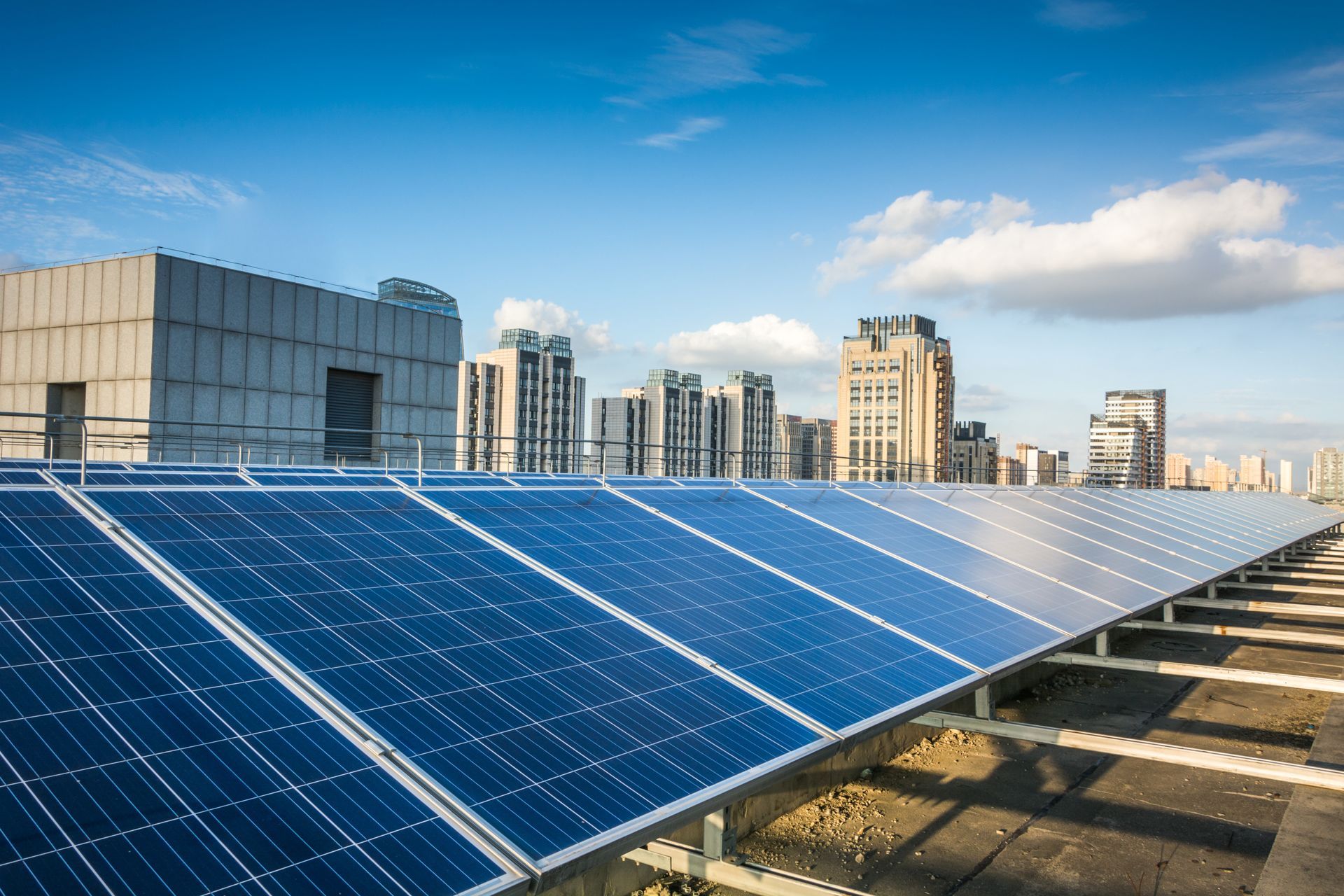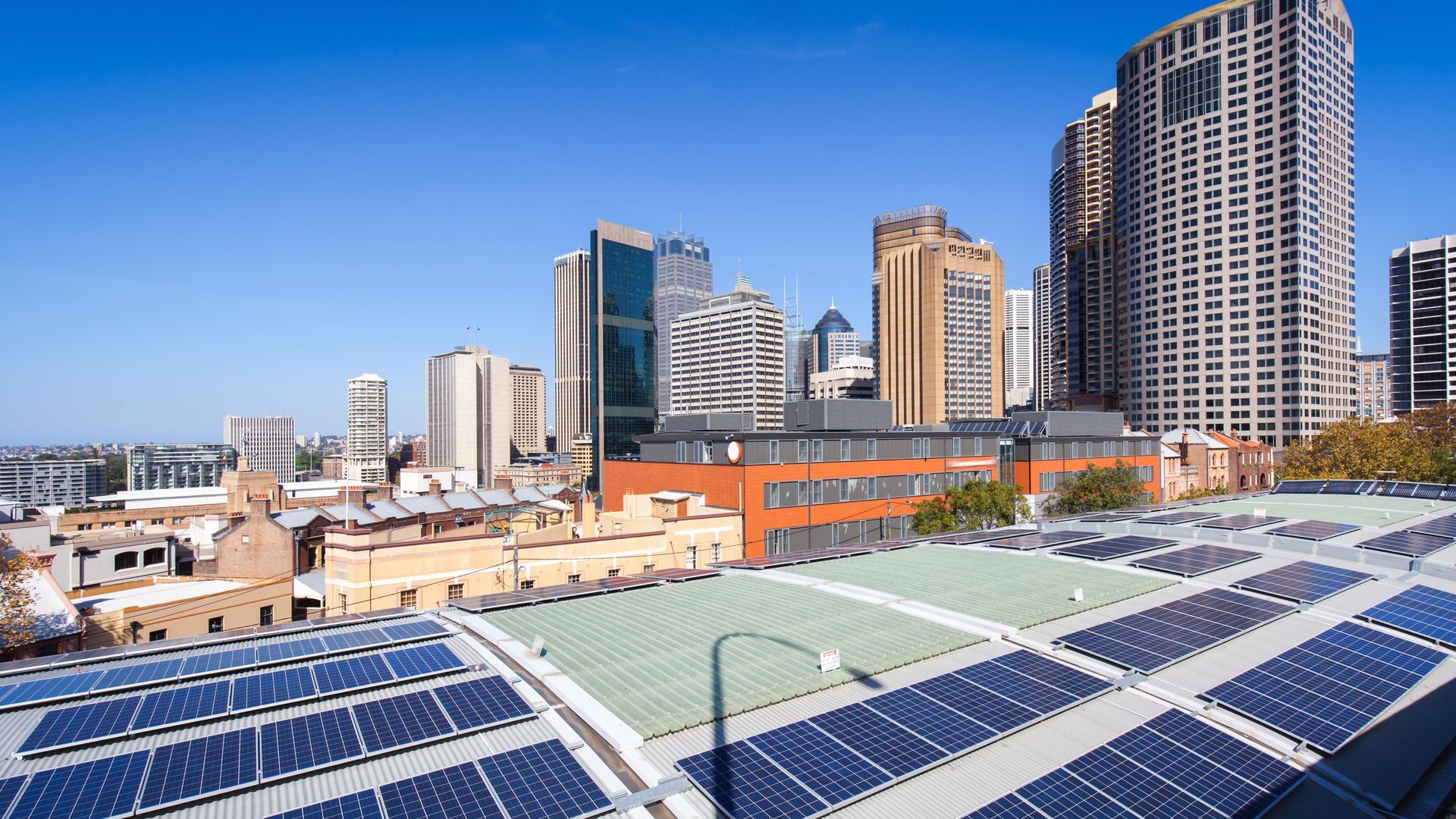Commercial solar installations offer a myriad of financial benefits, making them an increasingly attractive choice for businesses aiming to reduce operational costs while contributing to sustainable practices. One of the primary incentives driving the adoption of solar solutions is the plethora of financial incentives and tax credits available. Governments often provide generous incentives to businesses that invest in renewable energy, such as the Investment Tax Credit (ITC) in the United States, allowing companies to claim a percentage of their solar investment as a tax credit.
The return on investment (ROI) for commercial solar installations is compelling. As businesses harness the power of solar energy to generate electricity, they significantly reduce their dependence on traditional utility sources, leading to long-term cost savings. The declining costs of solar technology further enhance the financial viability of these projects.
Financing options play a crucial role in facilitating solar adoption for businesses. Many financial institutions offer favorable terms and low-interest loans specifically designed for solar projects. Power Purchase Agreements (PPAs) provide an alternative approach, enabling businesses to install solar panels without the upfront costs. In a PPA, a third-party owns, operates, and maintains the solar system, and the business simply purchases the generated electricity at a predetermined rate.
To maximize cost savings, businesses can implement energy efficiency measures alongside solar installations. Energy-efficient technologies and practices can further reduce overall energy consumption, amplifying the financial benefits of solar solutions. In summary, commercial solar installations not only contribute to environmental sustainability but also offer a compelling financial case through incentives, tax credits, ROI, financing options, and synergies with energy-efficient strategies.

